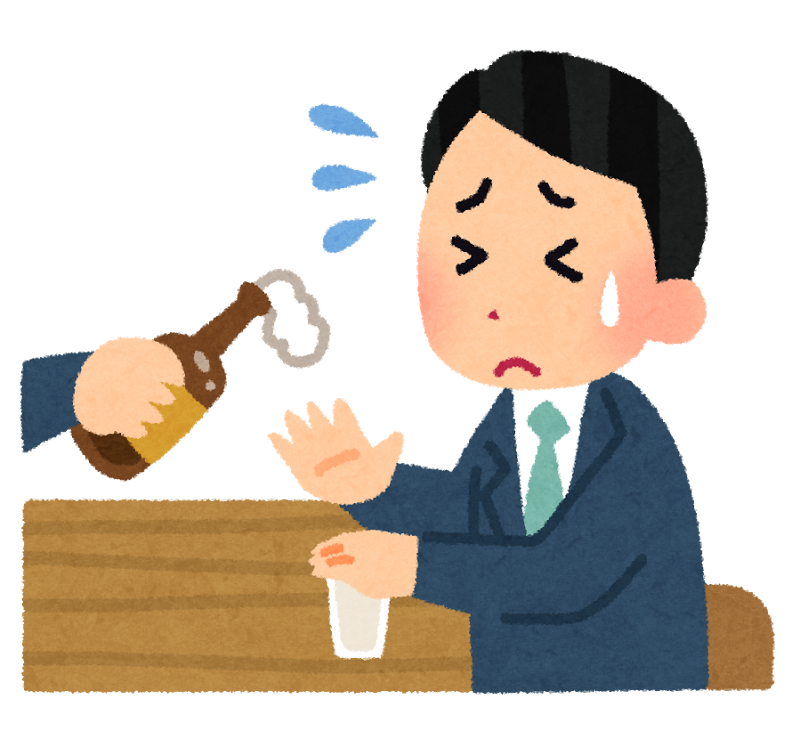2025.04.27
What Happens If People with Low Alcohol Tolerance Keep Drinking?
What happens if someone who is genetically unable to efficiently metabolize aldehyde dehydrogenase continues to drink large amounts of wine (for example, more than one bottle) every day?

It has been found that the incidence of esophageal cancer can increase by more than 100 times. In individuals with certain genetic traits, the risk of developing esophageal cancer has recently been reported to rise by up to 400 times. This happens because acetaldehyde remains in the body for a long time without being broken down, causing extensive damage to cells.
Significant strain is also placed on the liver. One of the liver’s major functions is detoxification, but alcohol weakens this function. As a result, acetaldehyde attacks stem cells and various enzymes, leading to diminished liver function.
Therefore,
people with low alcohol tolerance should never force themselves to drink. Because the weakness is genetic, continuing to drink will not make you stronger.
For those who can drink, enjoying a moderate amount may make alcohol “the best of all medicines.” However, for those who cannot drink, forcing themselves leads to “nothing but harm.”
Those who cannot or do not want to drink should simply refrain from drinking. People with low alcohol tolerance should avoid overdrinking and not push themselves. That is the best approach.

Of course, you should also never pressure someone who cannot drink or has low alcohol tolerance to drink. Forcing someone with genetic alcohol intolerance to drink is equivalent to torture. If someone says they can’t drink, it’s considered modern etiquette to respect that without question.
In recent years, it has also become more common for women to drink more alcohol.
Since women experience significant hormonal fluctuations, drinking alcohol during menstruation can cause blood alcohol and acetaldehyde concentrations to rise dramatically. Even women who are normally strong drinkers are advised to limit their intake to less than half their usual amount during their period.